The automotive retail landscape is undergoing a seismic shift as traditional 4S dealerships grapple with the rise of direct-to-consumer sales models pioneered by electric vehicle manufacturers. This transformation isn't merely about changing distribution channels—it's fundamentally reimagining the entire customer journey from test drive to after-sales service.
For decades, the 4S (Sales, Spare parts, Service, Survey) model dominated car buying experiences worldwide. Customers would visit sprawling dealership compounds, negotiate with salespeople, and return to the same location for maintenance. This model created predictable revenue streams through service departments and parts sales, but often resulted in inconsistent customer experiences and opaque pricing structures.
The direct sales revolution began with Tesla's bold move to bypass dealership networks entirely. By selling vehicles online and operating company-owned galleries rather than traditional dealerships, Tesla demonstrated that customers would embrace digital-first car buying. Legacy automakers took notice—Volvo announced plans for online-only sales by 2030, while Ford created separate divisions for electric vehicles with simplified pricing.
Traditional 4S stores now face an existential question: how to reinvent their service offerings when the sales component of their business model erodes? The answer lies in transforming from transactional showrooms into experiential hubs and service centers. Some forward-thinking dealerships are testing concepts like subscription-based maintenance packages, mobile service fleets that visit customers, and branded coffee shops that encourage longer dwell times.
Service departments may become the new profit centers as vehicle margins shrink in an increasingly competitive market. Dealers investing in diagnostic technology training and certified technician programs position themselves as trusted advisors rather than just repair shops. The most innovative 4S operators are developing predictive maintenance algorithms that notify customers before issues arise, creating proactive rather than reactive service relationships.
Another critical transformation involves rethinking physical spaces. Massive lots filled with inventory become unnecessary in a build-to-order system. Progressive dealers are converting portions of their properties into customer experience zones—test drive tracks with augmented reality features, VR configurator lounges, or even co-working spaces that keep customers engaged with the brand throughout ownership.
The human element remains vital in this transition. Traditional sales roles must evolve into product specialist positions focused on education rather than persuasion. Service advisors need training in customer experience design as much as mechanical knowledge. Dealership staff become brand ambassadors who facilitate rather than push transactions.
Data analytics will drive this service revolution. Connected vehicles provide real-time performance data that allows for personalized maintenance recommendations. Dealers who harness this information can offer tailored service packages, predict part replacement needs, and even adjust warranty terms based on actual usage patterns rather than generic timelines.
Some dealership groups are experimenting with radical reinventions—converting service bays into autonomous vehicle charging hubs, offering battery health check services for used EVs, or creating branded insurance products that integrate with vehicle telematics. The common thread is moving beyond one-time transactions to ongoing, value-added relationships.
Regulatory challenges remain significant in many markets where franchise laws protect traditional dealership models. However, the economic pressures of maintaining large physical inventories and the changing expectations of digital-native consumers make some form of transformation inevitable. The most successful 4S operations will likely become hybrid models—maintaining some physical presence while integrating seamlessly with manufacturers' digital platforms.
The future of automotive retail belongs to organizations that view service not as an afterthought, but as the core of the customer relationship. In this new paradigm, the "four S's" might stand for Seamless, Smart, Sustainable, and Service-centric experiences. Dealers who embrace this shift won't just survive the direct sales revolution—they'll thrive by delivering value that purely digital models cannot replicate.
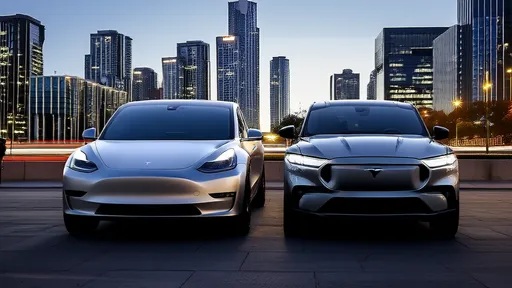
By /Jun 14, 2025
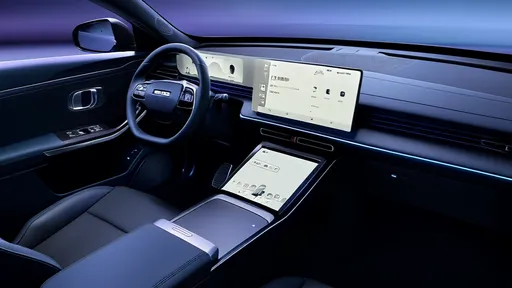
By /Jun 14, 2025
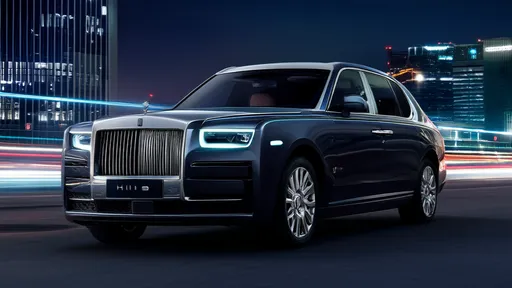
By /Jun 14, 2025
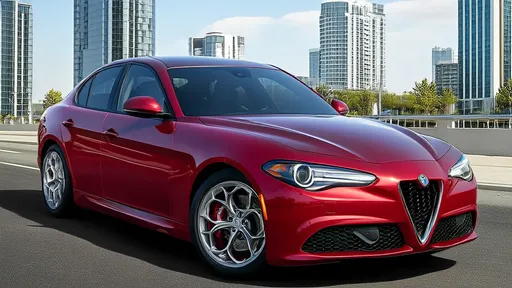
By /Jun 14, 2025
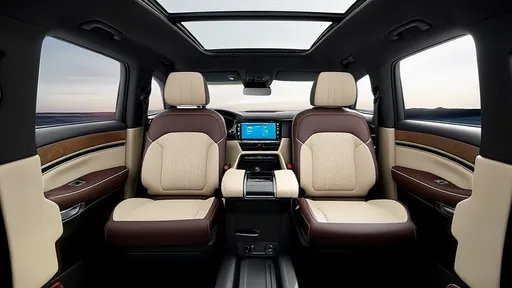
By /Jun 14, 2025
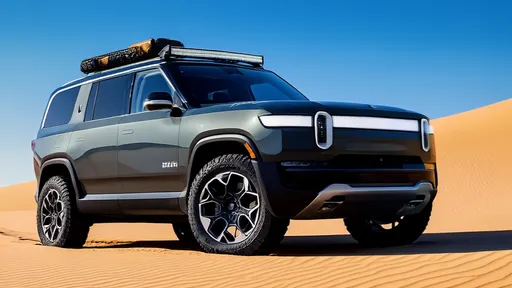
By /Jun 14, 2025
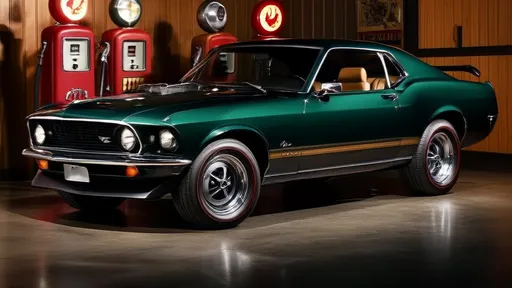
By /Jun 14, 2025

By /Jun 14, 2025
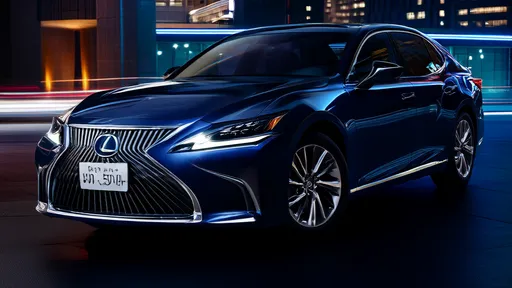
By /Jun 14, 2025
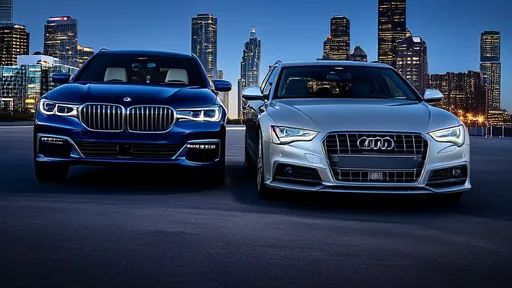
By /Jun 14, 2025
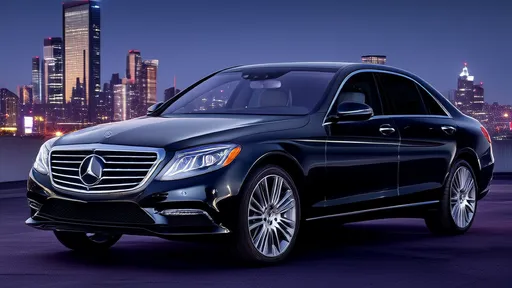
By /Jun 14, 2025
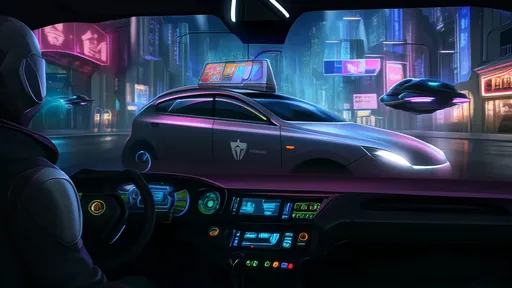
By /Jun 14, 2025
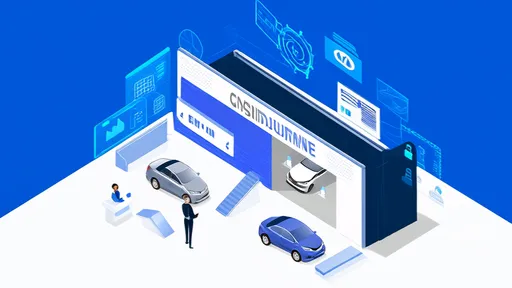
By /Jun 14, 2025
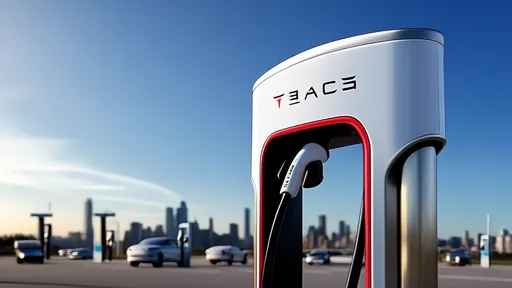
By /Jun 14, 2025
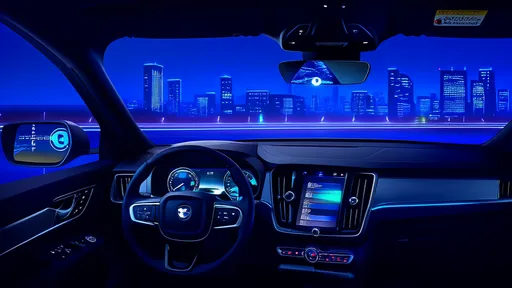
By /Jun 14, 2025
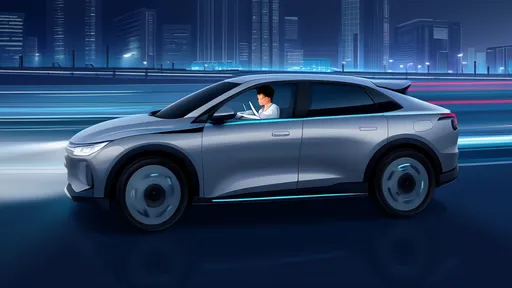
By /Jun 14, 2025

By /Jun 14, 2025